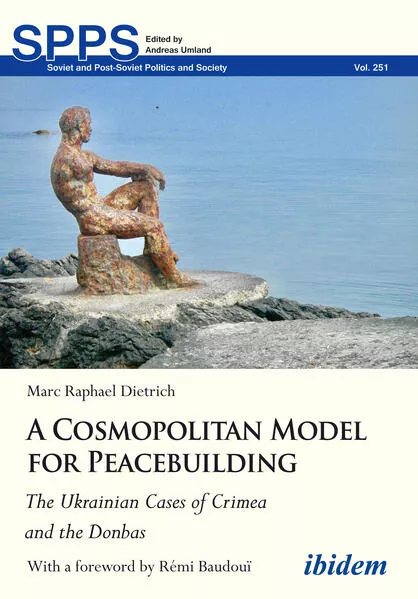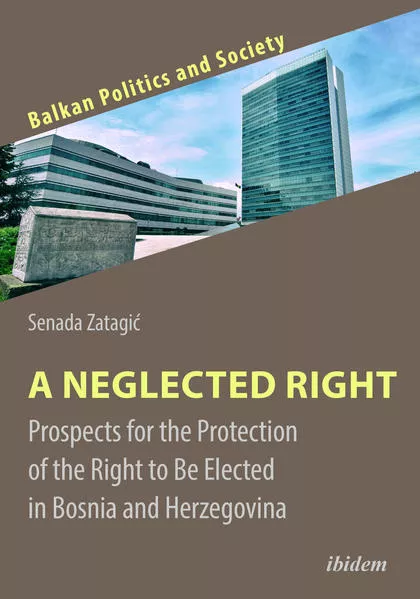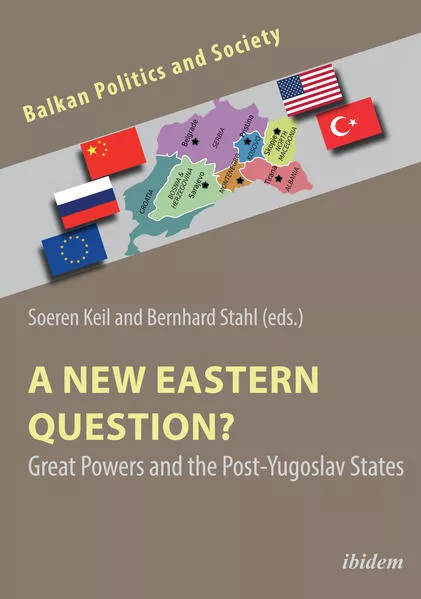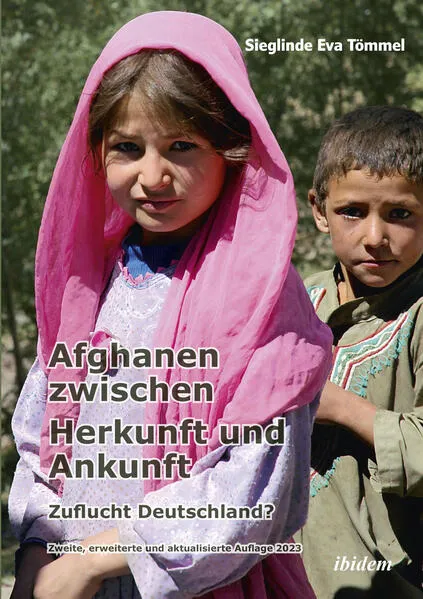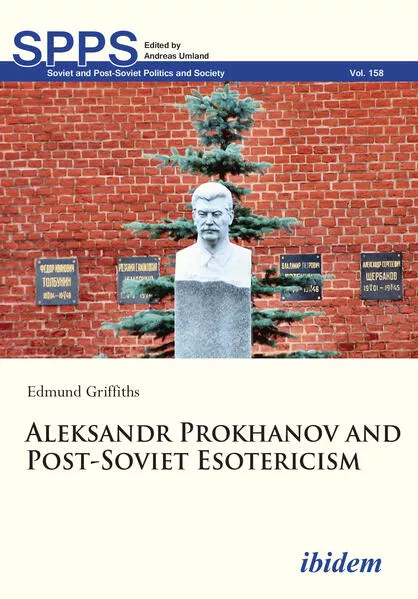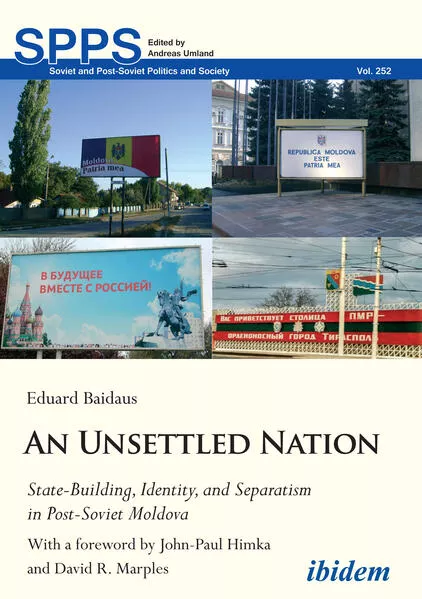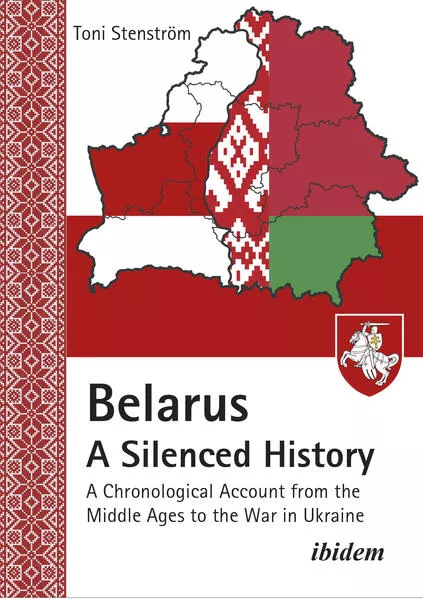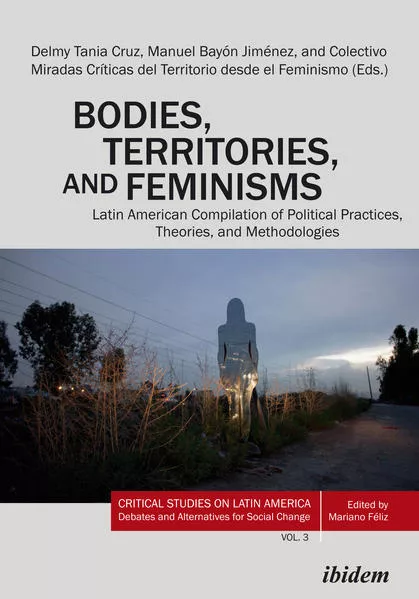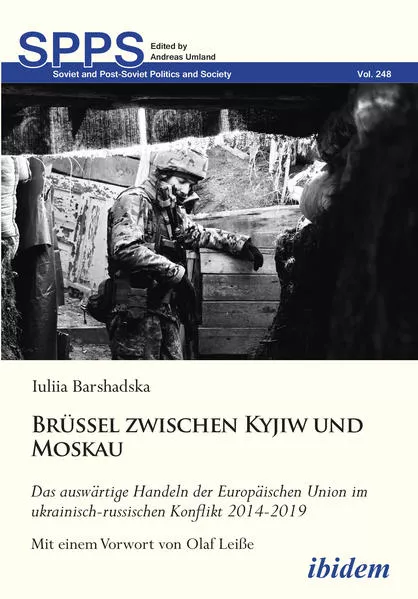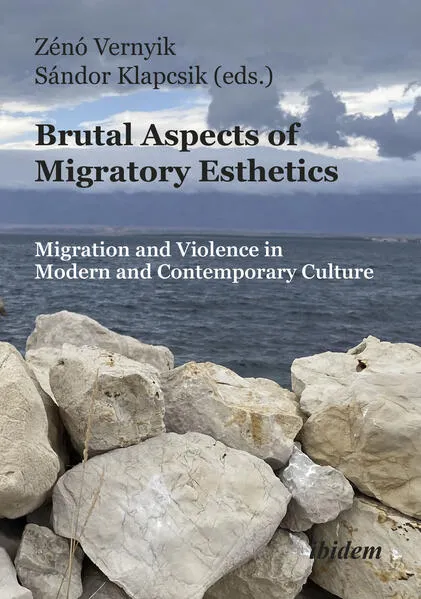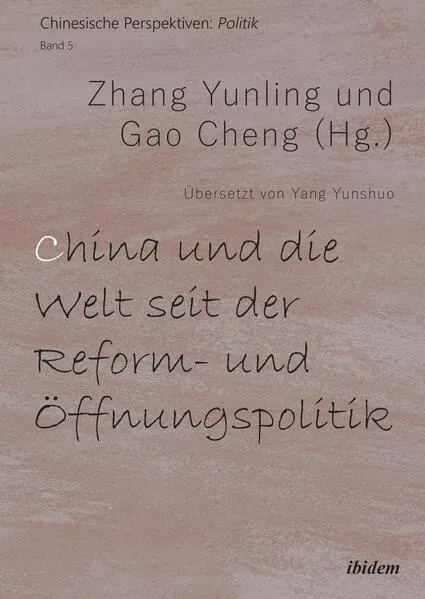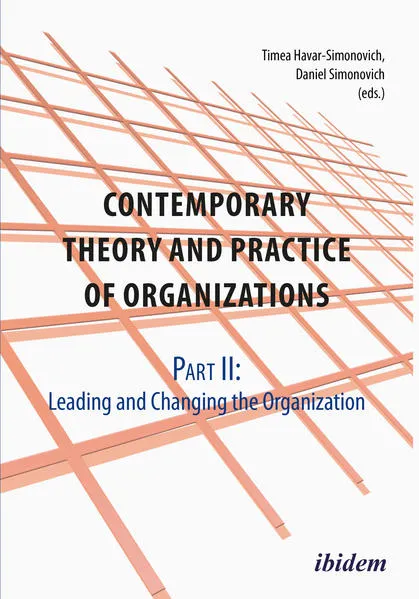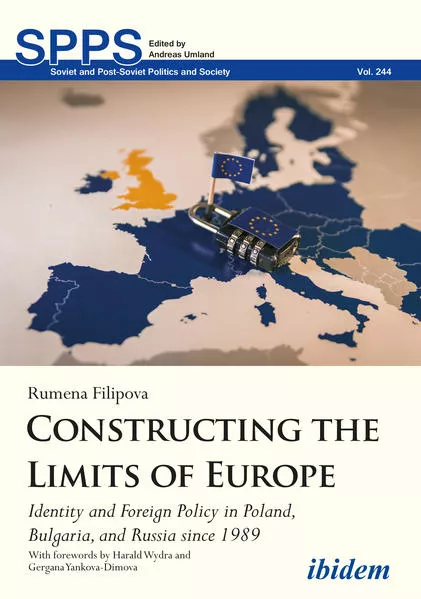
Rumena Filipova
Constructing the Limits of Europe
- Identity and Foreign Policy in Poland, Bulgaria, and Russia since 1989
ISBN: 978-3-838-21649-2
0 Seiten | € 49.90
Buch [Taschenbuch]
Dieses Buch gehört zur Reihe Soviet and Post-Soviet Politics and Society und enthält ca. 43 Folgen.
Erscheinungsdatum:
30.04.2022
Politik
Rumena Filipova
Constructing the Limits of Europe
Identity and Foreign Policy in Poland, Bulgaria, and Russia since 1989
This comparative study harks back to the revolutionary year of 1989 and asks two critical questions about the resulting reconfiguration of Europe in the aftermath of the collapse of communism: Why did Central and East European states display such divergent outcomes of their socio-political transitions? Why did three of those states—Poland, Bulgaria, and Russia—differ so starkly in terms of the pace and extent of their integration into Europe?
Rumena Filipova argues that Poland’s, Bulgaria’s, and Russia’s dominating conceptions of national identity have principally shaped these countries’ foreign policy behavior after 1989. Such an explanation of these three nations’ diverging degrees of Europeanization stands in contrast to institutionalist-rationalist, interest-based accounts of democratic transition and international integration in post-communist Europe.
She thereby makes a case for the need to include ideational factors into the study of International Relations and demonstrates that identities are not easily malleable and may not be as fluid as often assumed. She proposes a theoretical “middle-ground” argument that calls for “qualified post-positivism” as an integrated perspective that combines positivist and post-positivist orientations in the study of IR.
Rumena Filipova argues that Poland’s, Bulgaria’s, and Russia’s dominating conceptions of national identity have principally shaped these countries’ foreign policy behavior after 1989. Such an explanation of these three nations’ diverging degrees of Europeanization stands in contrast to institutionalist-rationalist, interest-based accounts of democratic transition and international integration in post-communist Europe.
She thereby makes a case for the need to include ideational factors into the study of International Relations and demonstrates that identities are not easily malleable and may not be as fluid as often assumed. She proposes a theoretical “middle-ground” argument that calls for “qualified post-positivism” as an integrated perspective that combines positivist and post-positivist orientations in the study of IR.
Unterstütze den lokalen Buchhandel
Nutze die PLZ-Suche um einen Buchhändler in Deiner Nähe zu finden.
Bestelle dieses Buch im Internet
| Veröffentlichung: | 30.04.2022 |
| Höhe/Breite/Gewicht | H 21 cm / B 14,8 cm / 646 g |
| Art des Mediums | Buch [Taschenbuch] |
| Preis DE | EUR 49.90 |
| Preis AT | EUR 51.20 |
| Reihe | Soviet and Post-Soviet Politics and Society 244 |
| ISBN-13 | 978-3-838-21649-2 |
| ISBN-10 | 3838216490 |
Über den Autor
The author:Dr. Rumena Filipova studied Political Science and International Relations at Cambridge and Oxford. She is Chairperson and Co-Founder of the Institute for Global Analytics in Sofia. Previously, Filipova was a researcher at the Center for the Study of Democracy in Sofia; she also held visiting fellowships at the Carnegie Moscow Center, the Polish Institute of International Affairs in Warsaw, and the Center for Liberal Strategies in Sofia. Her books include Tackling Kremlin’s Media Capture in Southeast Europe (Center for the Study of Democracy 2021), Countering Kremlin’s Media Influence in Europe (Center for the Study of Democracy 2021), The Shrinking Space for Media Freedom in Southeast Europe in the Midst of COVID-19 Pandemic and State of Emergency (Konrad-Adenauer-Stiftung 2020).
The authors of the forewords:
Dr. Harald Wydra is Holden Fellow, Lecturer in Politics and Director of Studies for Human, Social & Political Sciences at St. Catharine’s College, University of Cambridge.
Dr. Gergana Yankova-Dimova is Executive Director and Co-Founder of the Institute for Global Analytics in Sofia and a Research Associate at the University of Oxford.
Diesen Artikel teilen
0 Kommentar zu diesem Buch
.... weitere Publikationen von ibidem
Leserunde
Echo aus dem Eis: Band 2 der Northern-Drift-Reihe - Aviation-Mystery in Eis und Dunkelheit
Bewerbungsfrist bis zum: 03.03.2026



